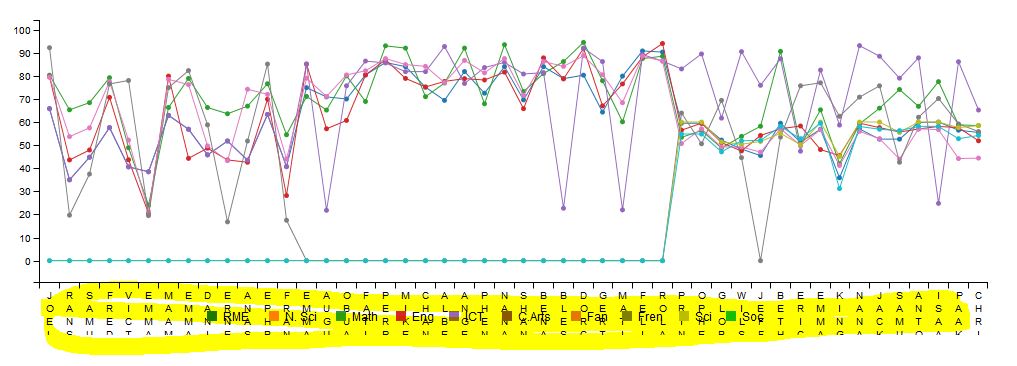
%X - the locale’s time, such as %-I:%M:%S %p.*.%x - the locale’s date, such as %-m/%-d/%Y.*.%W - Monday-based week of the year as a decimal number.%w - Sunday-based weekday as a decimal number.

#D3 XFORMAT ISO#
%V - ISO 8601 week of the year as a decimal number.%U - Sunday-based week of the year as a decimal number.%u - Monday-based (ISO 8601) weekday as a decimal number.%q - quarter of the year as a decimal number.%L - milliseconds as a decimal number.%j - day of the year as a decimal number.%I - hour (12-hour clock) as a decimal number.%H - hour (24-hour clock) as a decimal number.%G - ISO 8601 week-based year with century as a decimal number.%g - ISO 8601 week-based year without century as a decimal number.%f - microseconds as a decimal number.%e - space-padded day of the month as a decimal number equivalent to %_d.%d - zero-padded day of the month as a decimal number.%c - the locale’s date and time, such as %x, %X.*.The specifier string may contain the following directives: Returns a new formatter for the given string specifier. If you depend on strict validation of the input format according to ISO 8601, you should construct a UTC parser function:Ĭonst strictIsoParse = d3. Where available, this method will use the Date constructor to parse strings.

Where available, this method will use Date.toISOString to format. timeFormat ( "%Y" ) function multiFormat ( date ) ) API ReferenceĪn alias for locale.format on the default locale.Īn alias for locale.parse on the default locale.Īn alias for locale.utcFormat on the default locale.Īn alias for locale.utcParse on the default locale.

timeFormat ( "%b %d" ), formatMonth = d3. timeFormat ( "%a %d" ), formatWeek = d3. timeFormat ( "%I:%M" ), formatHour = d3. timeFormat ( ":%S" ), formatMinute = d3. timeFormat ( ".%L" ), formatSecond = d3.


 0 kommentar(er)
0 kommentar(er)
